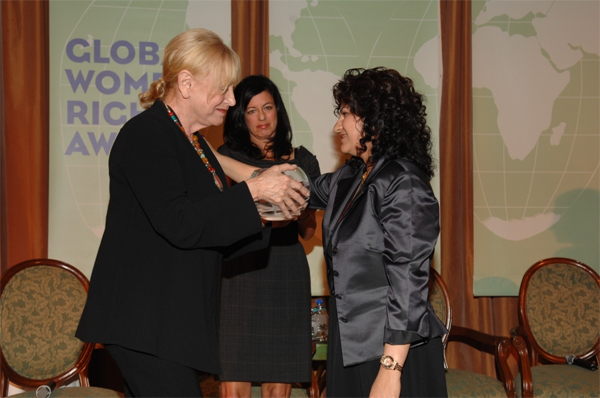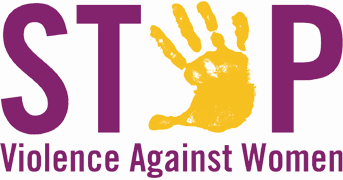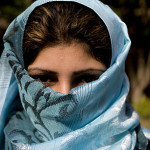RUDAW — Nearly 4,000 cases of violence were recorded in Iraqi Kurdistan in 2011 including 720 cases of systematic torture, the government reported last week, but women’s activists say the numbers are severely under-reported.
The government registered 3,766 cases in 2011. Seventy-six women were killed or committed suicide, while 330 had either been burned or self-immolated — a common method of suicide by women in the region.
In Sulaimani, the region’s largest province with an estimated 1.9 million residents, 1,673 cases were registered, compared with 1,322 in Erbil and 771 in Duhok. Erbil’s population is estimated around 1.3 million, while Duhok, the smallest province, has an estimated 200,000 residents.
Kurdo Omar, director of the department that researched the statistics, said the figures show a drop in recorded cases of violence against women compared with previous years but women’s activists have said the cases are severely under-reported in the region.
Houzan Mahmoud, UK representative of the Organization of Women’s Freedom in Iraq, told Rudaw the figures are “very conservative” and that the statistics can never show the reality of women’s oppression in Kurdistan.
“There is a culture of tolerance of violence against women in our society. Men easily kill women because the laws which are supposed to protect women are not functional.” she said, adding that most women in Kurdistan do not report the crimes due to lack of trust in the police forces or to avoid stigma because in Kurdistan “tribal laws are more powerful than civil laws.”
“They don’t report the crimes because they cannot trust the police or they don’t want to bring shame on their man’s so called honor. Sometimes the family hide it in order to protect their ‘honour’ and avoid stigmas,” she added.
After mounting numbers of minor complainants of ill-treatment by their husbands and male family members, the statistics show 2011 witnessed systematic torture being used as the most frequent physical abuse committed against women in the region.
In Sulaimani province, out of the total number of women registered to have been abused, 720 of them had been subjected to systematic torture, the department said. Self-immolation was also all too common.
“I had nothing left in life that is why I burned myself. My only hope was my children who would wake up in middle of the night because I screamed when my husband beat me,” said a Kurdish woman who last year set herself a blaze to protest her husband’s abusive attitude, before being flown to the English city of Leeds from Kurdistan for medical treatment.
She talked to Rudaw on the condition of anonymity and said if her next door neighbors had not come to her aid, she would have “burned to death instantly.”
Her older brother flew her to England in December, when she received medical care. She is now awaiting cosmetic surgery to repair her burns.
Self-immolation is the most common method of suicide used by Kurdish women and often is a way out of abusive situations. Therefore, in Kurdistan it is classified as violence committed against women.
“I thought I would either die doing this to myself or I would survive half-burnt to see him stop beating me in front of my children,” the self-immolation survivor in England said.
ROZH AHMAD




